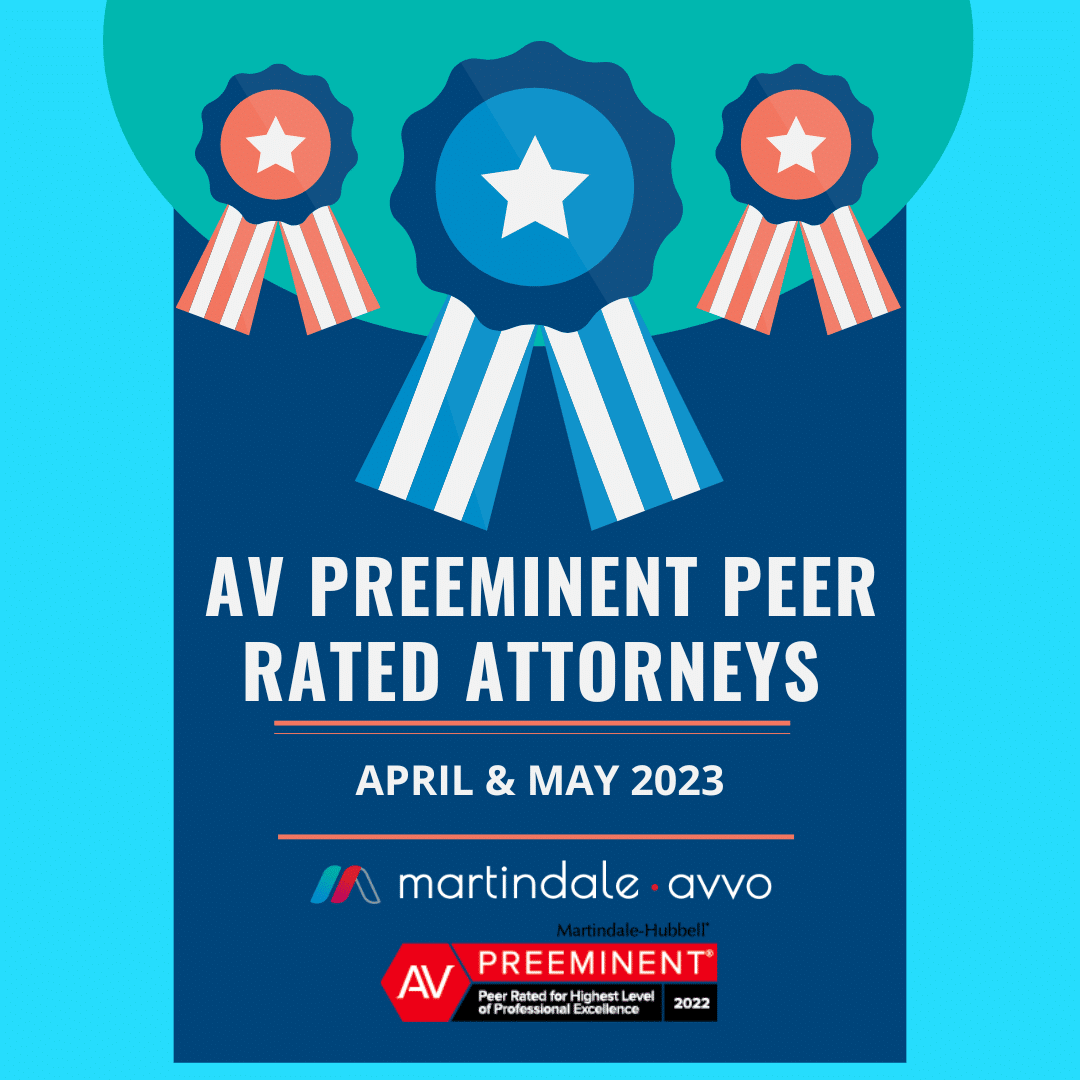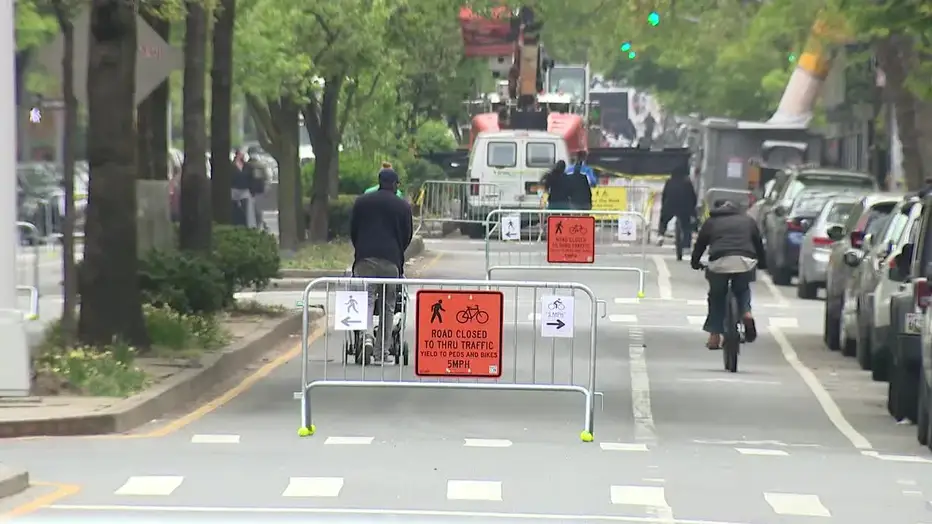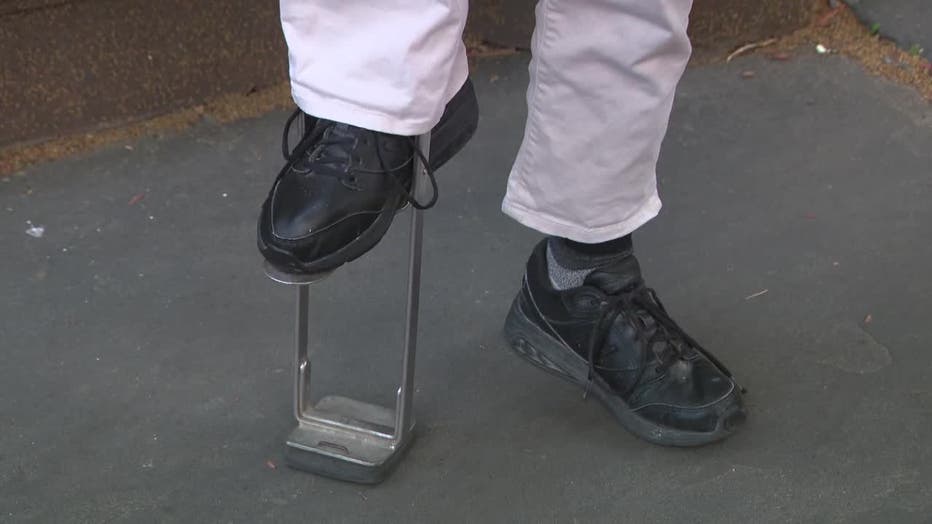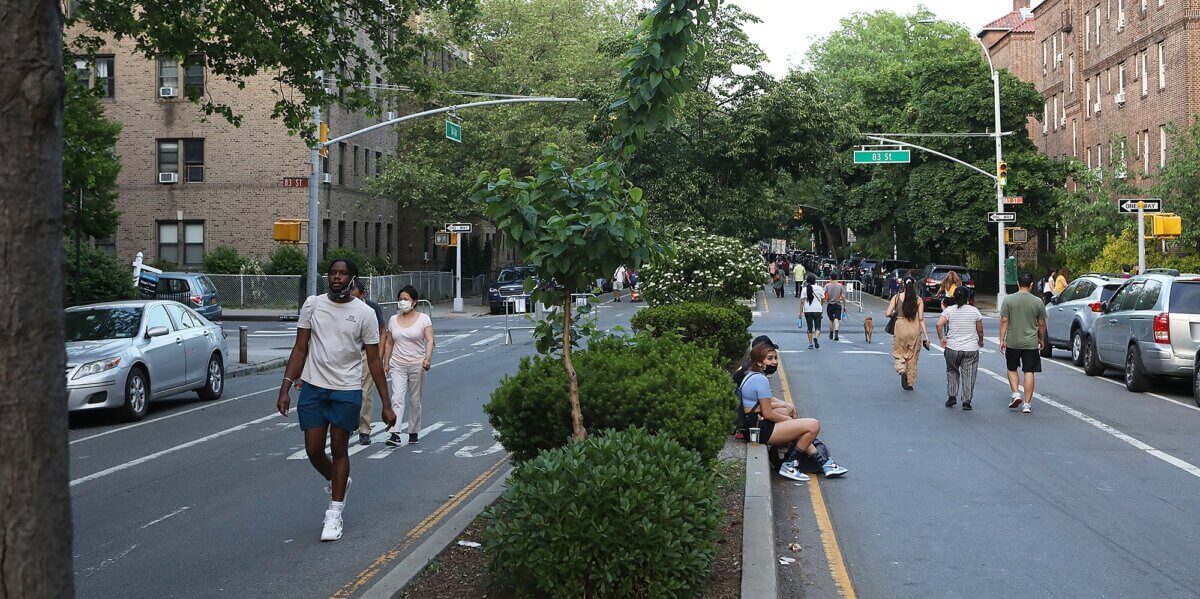By David Holtzman/ Law360
Law360 (September 13, 2023, 8:45 PM EDT) — A City of New York program that transfers distressed or tax-delinquent apartment buildings to nonprofit agencies for redevelopment may be on shaky ground amid a recent U.S. Supreme Court ruling and a lawsuit from property owners over the city’s failure to compensate them for lost equity.
The program, intended as a means for the city to renovate run-down properties without owning them directly, came under new scrutiny in the wake of the high court’s decision earlier this year in Tyler v. Hennepin County. The court said a state must give a property owner the chance to recover equity when their home is taken for nonpayment of taxes.
The high court’s ruling also brought fresh attention to the New York lawsuit, filed in 2019 in Manhattan federal court by three owners whose properties were taken through the city’s Third Party Transfer program.
The owners said they lost substantial equity when the city transferred ownership of their buildings to nonprofits Bridge Street Development Corporation and Neighborhood Restore. The city did not make a proper effort to notify them or give them a chance to address tax and building violations before taking the
properties, according to the lawsuit.
The program is also flawed because it has taken some properties that weren’t even run-down and owed a minimal amount in unpaid taxes or utility bills, the complaint said.
If a building on a given block is targeted for inclusion in the program, the city also targets other structures on that block that are tax-delinquent, whether or not they meet a statutory definition of “distressed.” The city defined a “distressed” property as one that has a tax lien of at least 15% of its value, and either five or more hazardous violations of the housing maintenance code or a lien of more than $1,000 for repairing “dangerous or unlawful conditions.”
New York Mayor Eric Adams and the city’s law office did not respond on Wednesday to a request for comment on the lawsuit or how the city might reform the transfer program.
A working group co-chaired by the city’s then-commissioner of the Department of Housing Preservation and Development, which manages the transfer program with the city’s finance department, recommended several changes in November 2021, including better communication with affected property owners. The group also said the city should consider tax delinquency and a building’s condition equally when weighing whether to take a property from its owner.
As a candidate for mayor, Adams criticized the program for discriminating against property owners of color, but he has said nothing about it since taking office in 2022, according to Matthew Berman, co-counsel for the three plaintiffs. Most of the properties taken through the program since it began in 1996
have been in 11 neighborhoods in the Bronx, Brooklyn and the Harlem section of Manhattan, according to a 2019 New York City Council report.
“I look forward to continuing reform discussions started in recent years, to ensure the next version of [Third Party Transfer] incentivizes owners to keep properties safe, habitable and healthy, to stay up to date on municipal bills, and to seek help immediately when they run into problems,” Pierina Sanchez, who represents one of the affected neighborhoods in the Bronx as the city councilor for District 14, told Law360 on Wednesday.
Sanchez chairs the council’s committee on housing and buildings.
In the Tyler case, the Supreme Court said the state of Minnesota gave no opportunity for a homeowner to recover the excess value in their property beyond their tax debt.
New York City has claimed its program is different for a number of reasons. In its 2019 report, the council noted that after the city issues a notice of foreclosure to property owners, it gives them four months to redeem their property by paying all outstanding arrears or entering into an installment plan to do so. The city has also said owners can sell their buildings before the city takes them as long as they pay the taxes that are due, Berman said.
“That doesn’t work, because you’ve only got a four-month window to act in,” he said. “It’s not so easy to sell a house in four months. It’s like a fire sale, and you’re going to lose a huge chunk of the value by being forced to sell under distressed circumstances.”
The three homeowners involved in the lawsuit also claimed they were not even notified of their options. McConnell Dorce, who owned a 3,200-square-foot multifamily building in the East New York neighborhood, said in the complaint he received no notice of the 2015 foreclosure action or a court’s judgment against him in 2017. He said he learned his building had been transferred when Neighborhood Restore posted a notice for tenants in 2018.
The other two owners were shareholders in housing cooperatives at two four-story buildings in Brooklyn; they also claimed they had no notice of the foreclosures. Bridge Street, the new owner, informed them after the transfer process that they had been converted from owners to renters, according to the
complaint.
In a separate case, a New York state appeals court in the Second Judicial Department in May overturned a lower court’s finding that the city had not given building owners a chance to pay their taxes prior to foreclosure. The city had provided the four-month window for the owners to respond, the court said,
although it took the opportunity to question aspects of the Third Party Transfer program.
“The loss of property ownership without compensation under the TPT program ‘is a widespread occurrence,’ often affecting ‘properties that are owned by minorities,'” according to the three-judge panel’s opinion. The panel encouraged the city council to address the issue of owners’ losing the equity in
their properties.
In the Dorce case, Manhattan U.S. District Judge John Koeltl denied the city’s motion to dismiss in June 2022, finding the three property owners had a basis for most of their claims. Since then, the parties have been engaged in discovery, Berman said.
McConnell Dorce et al. are represented by Matthew L. Berman, Robert J. Valli Jr. and Sara Wyn Kane of Valli Kane & Vagnini LLP, Keith H. Wofford of White & Case LLP, and Alexander Simkin, Phillip G. Kraft, Leon Kotlyar and Gregg L. Weiner of Ropes & Gray LLP.
The City of New York is represented by Michael S. Adler, Daniel K. Crandall, Margaret A. Devoe, Andrea B. Feller and Kent M. Langloss of the New York City Law Department.
BSDC Kings Covenant Development Fund Company Inc. and Neighborhood Restore Housing Development Fund Corp. are represented by Brian J. Markowitz of Tarter Krinsky & Drogin LLP.
The case is McConnell Dorce et al. v. City of New York et al., case number 1:19-cv-02216, in the U.S. District Court for the Southern District of New York.
–Editing by Philip Shea.
Read the article at Law360 here.








